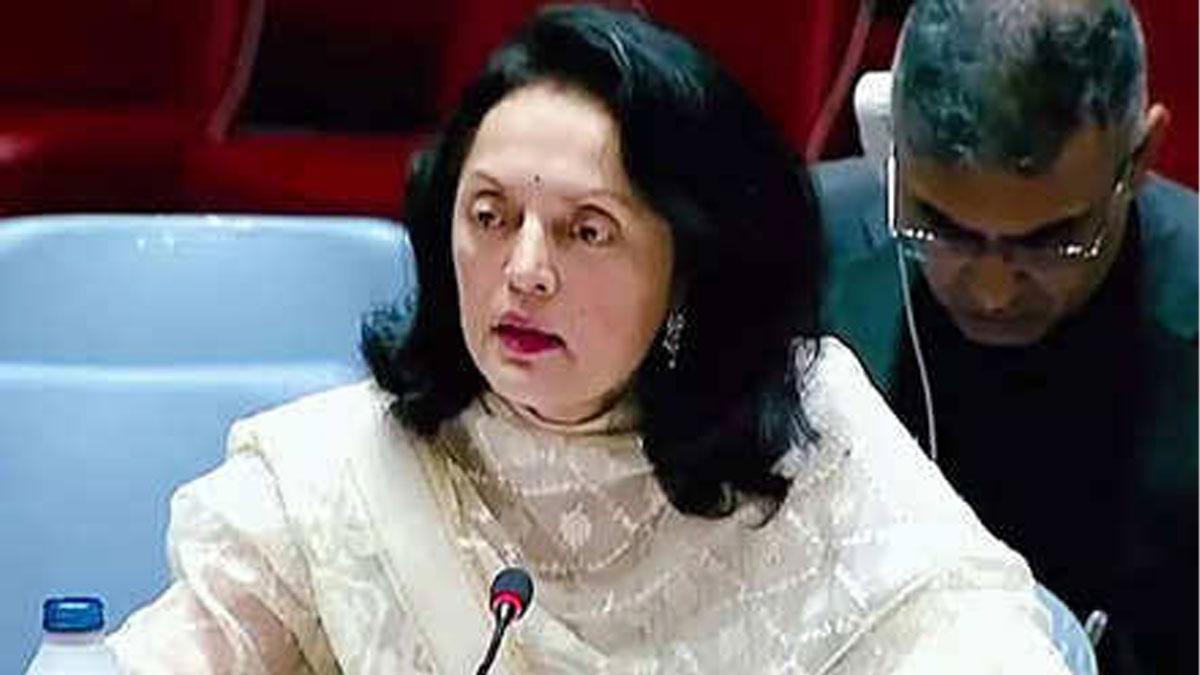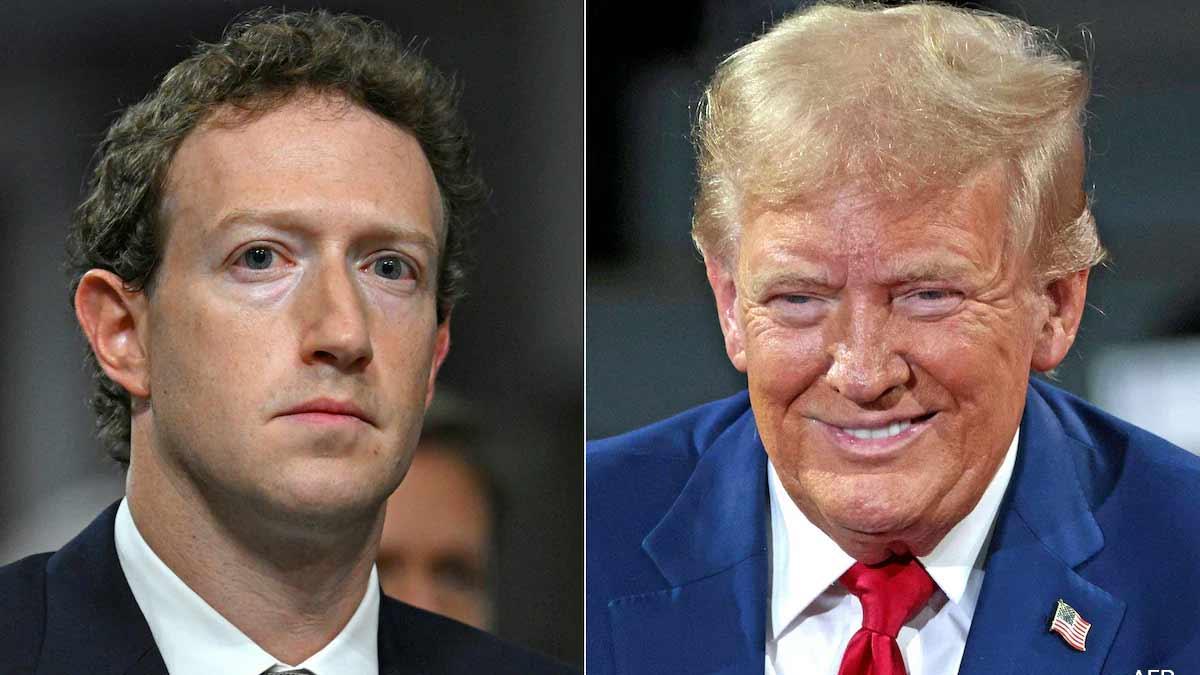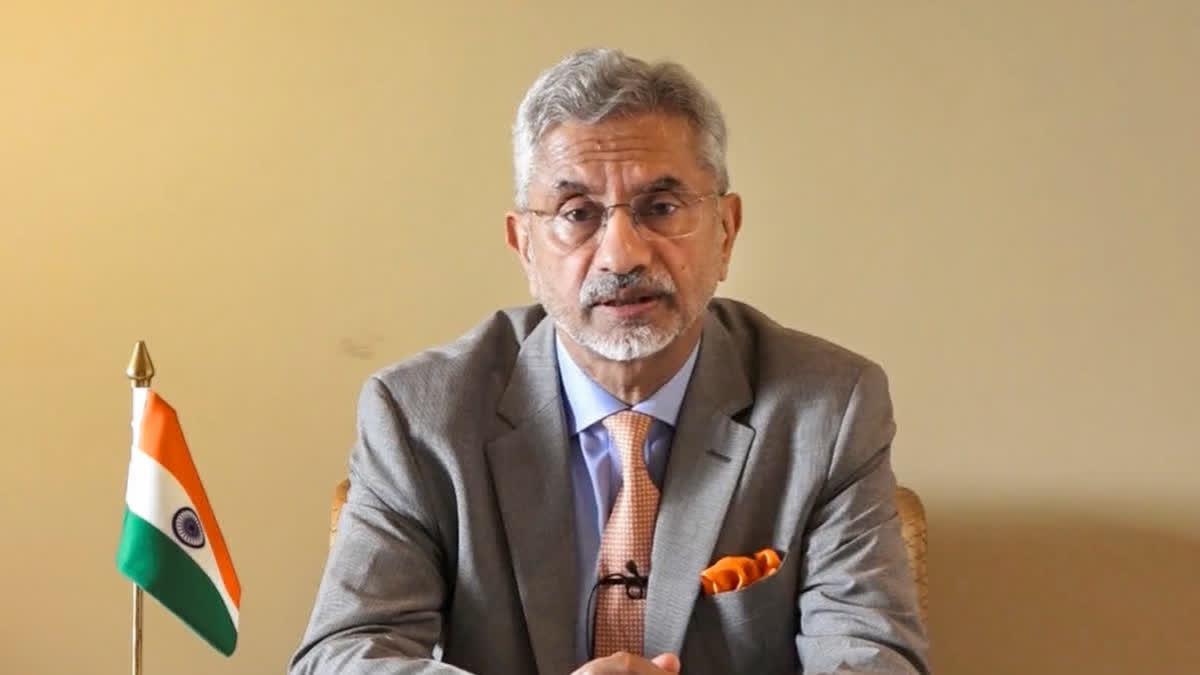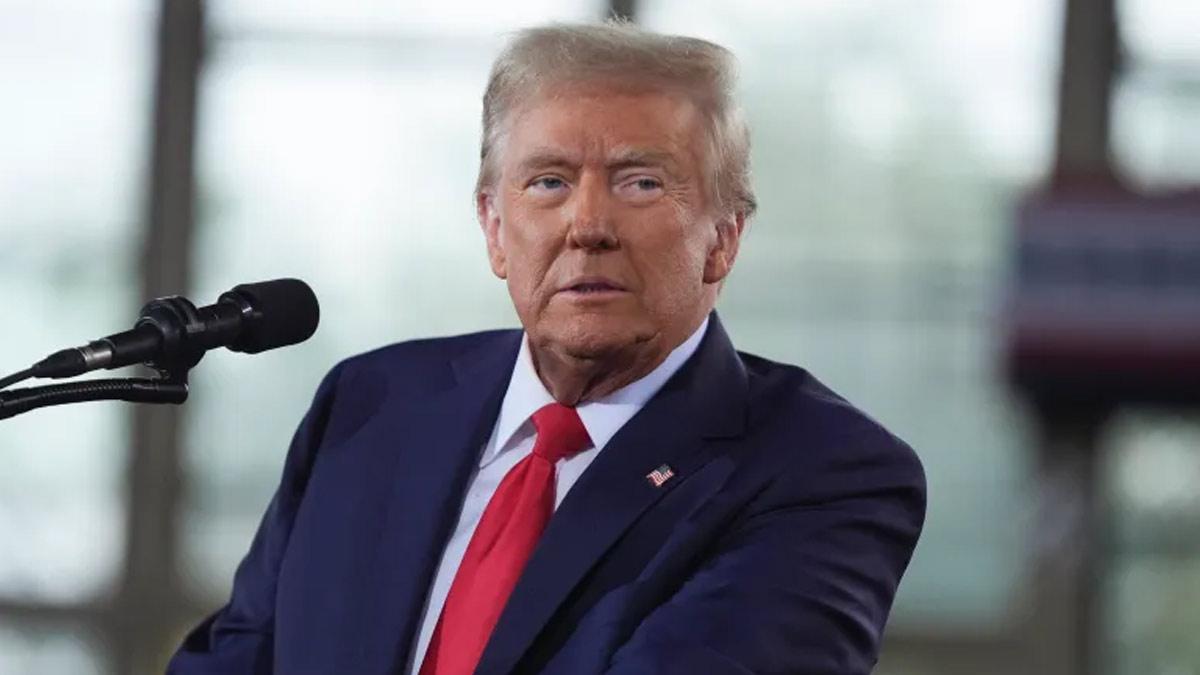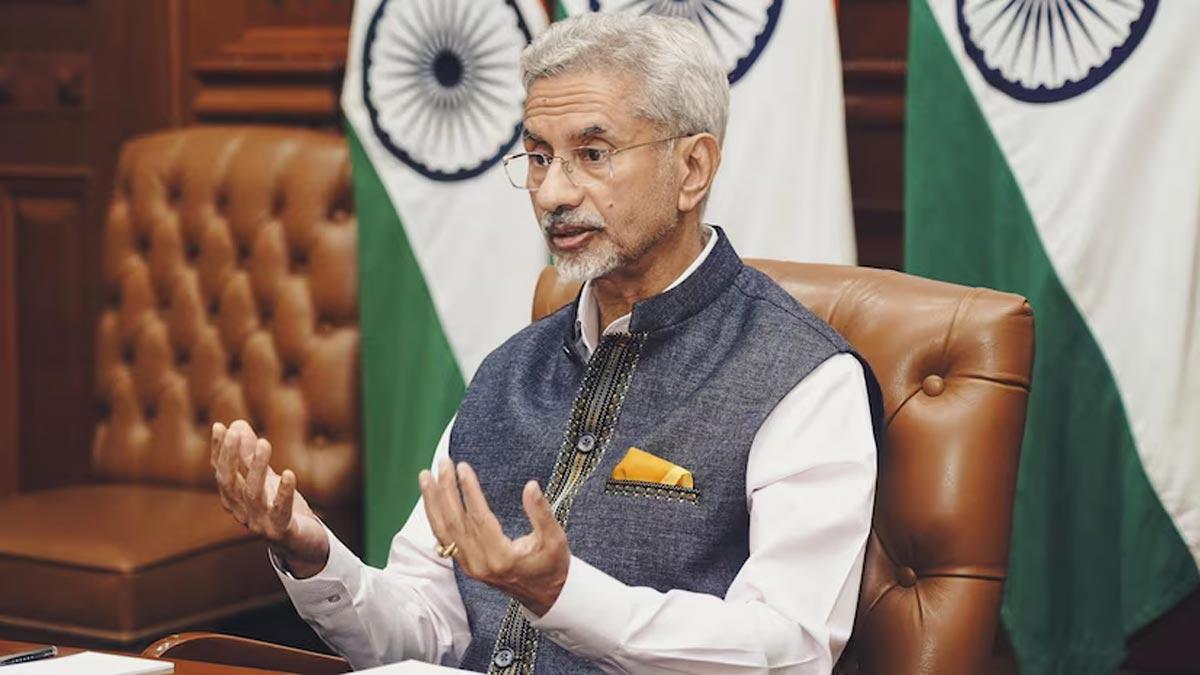Advocating for Security Council reforms, India has underscored the consensus reached at the more inclusive G20 Summit on issues that have stagnated within the UN's highest decision-making body, which remains entrenched in a "cold war" mentality.
Ruchira Kamboj, India’s Permanent Representative, emphasized the progress made on issues where the United Nations Security Council (UNSC) has faltered, citing last year's G20 summit chaired by Prime Minister Narendra Modi in New Delhi as a prime example. Kamboj stressed the necessity of restructuring the permanent membership to align with contemporary realities, asserting that diplomacy and dialogue require an updated approach to address global challenges effectively.
The Council's inability to act on the ongoing Ukraine War, now in its third year, underscores the polarisation among its permanent members. In contrast, the G20 Summit, with broader representation and equality among participating nations, achieved consensus on critical issues such as Ukraine, condemning the threat or use of force for territorial acquisition and deeming the use of nuclear weapons as inadmissible.
The Veto Initiative, established through a General Assembly resolution in 2022, aims to address the Security Council's paralysis regarding Ukraine by requiring permanent members to justify their vetoes. UN General Assembly President Dennis Francis stressed the urgent need for Security Council reform to enhance its effectiveness in fulfilling its responsibilities.
Kamboj highlighted the dysfunctionality of the Security Council, attributing it not only to the use of veto but also to the outdated binary nature of its membership. She called for a more representative composition to facilitate meaningful dialogue and decision-making in line with contemporary global dynamics.
Addressing the reform process, Kamboj criticized the obstruction posed by a minority of dissenting voices within the Intergovernmental Negotiations (IGN), hindering progress by demanding consensus before negotiations and blocking the adoption of a negotiating text. She also lamented the lack of transparency in the Council's operations, particularly in its Sanction Committee, where members can impede actions against terrorists without accountability.
China's frequent use of procedural tactics, such as holds and blocks, to shield terrorists associated with Pakistan underscores the need for substantive reforms within the Security Council.

